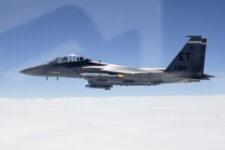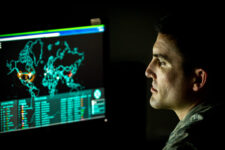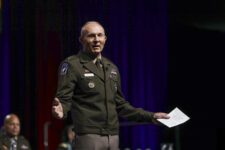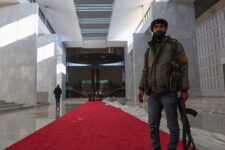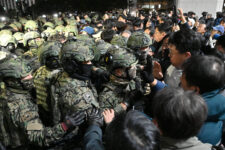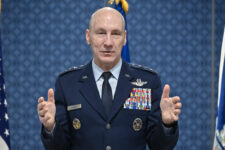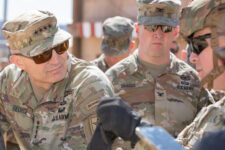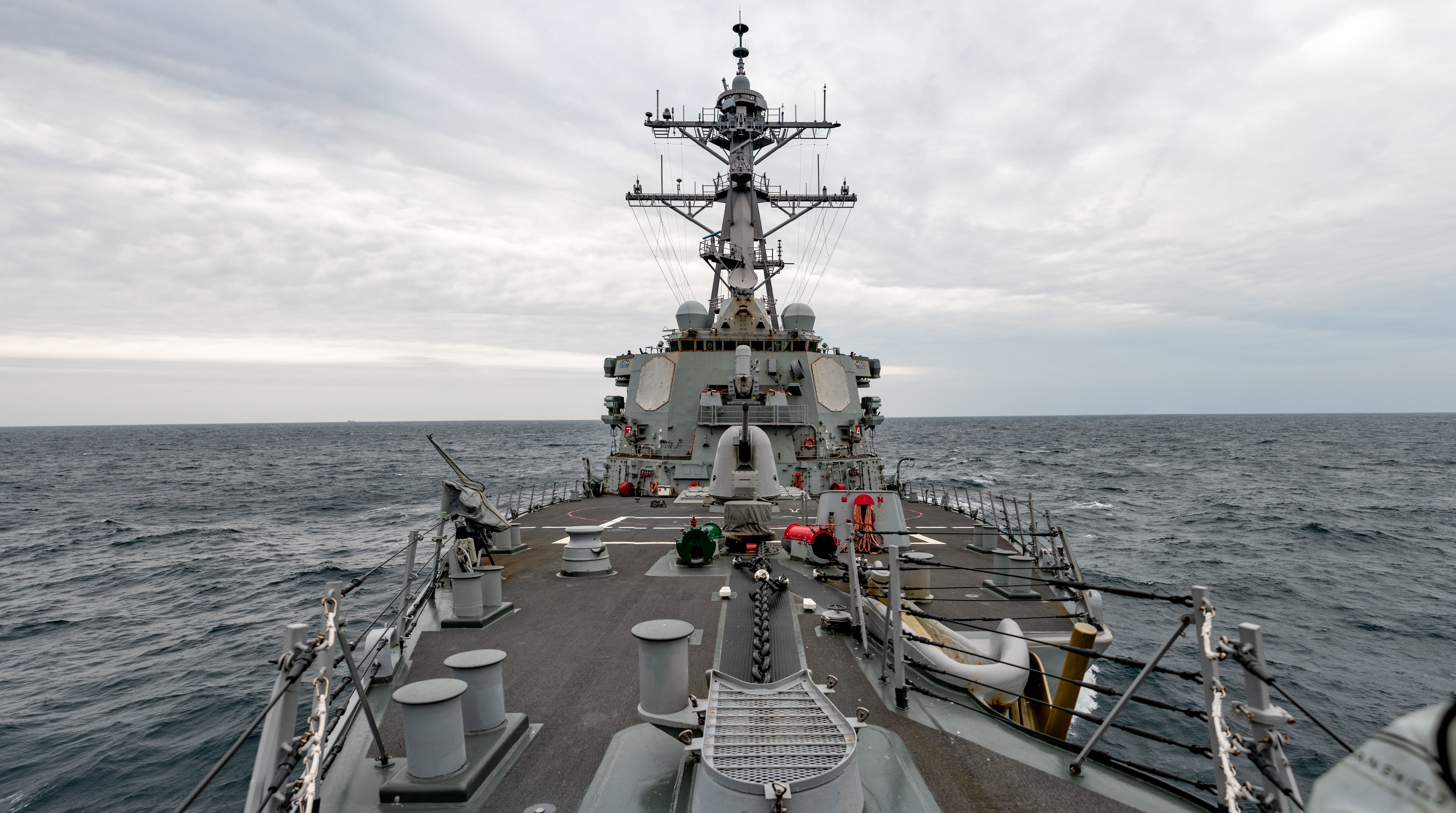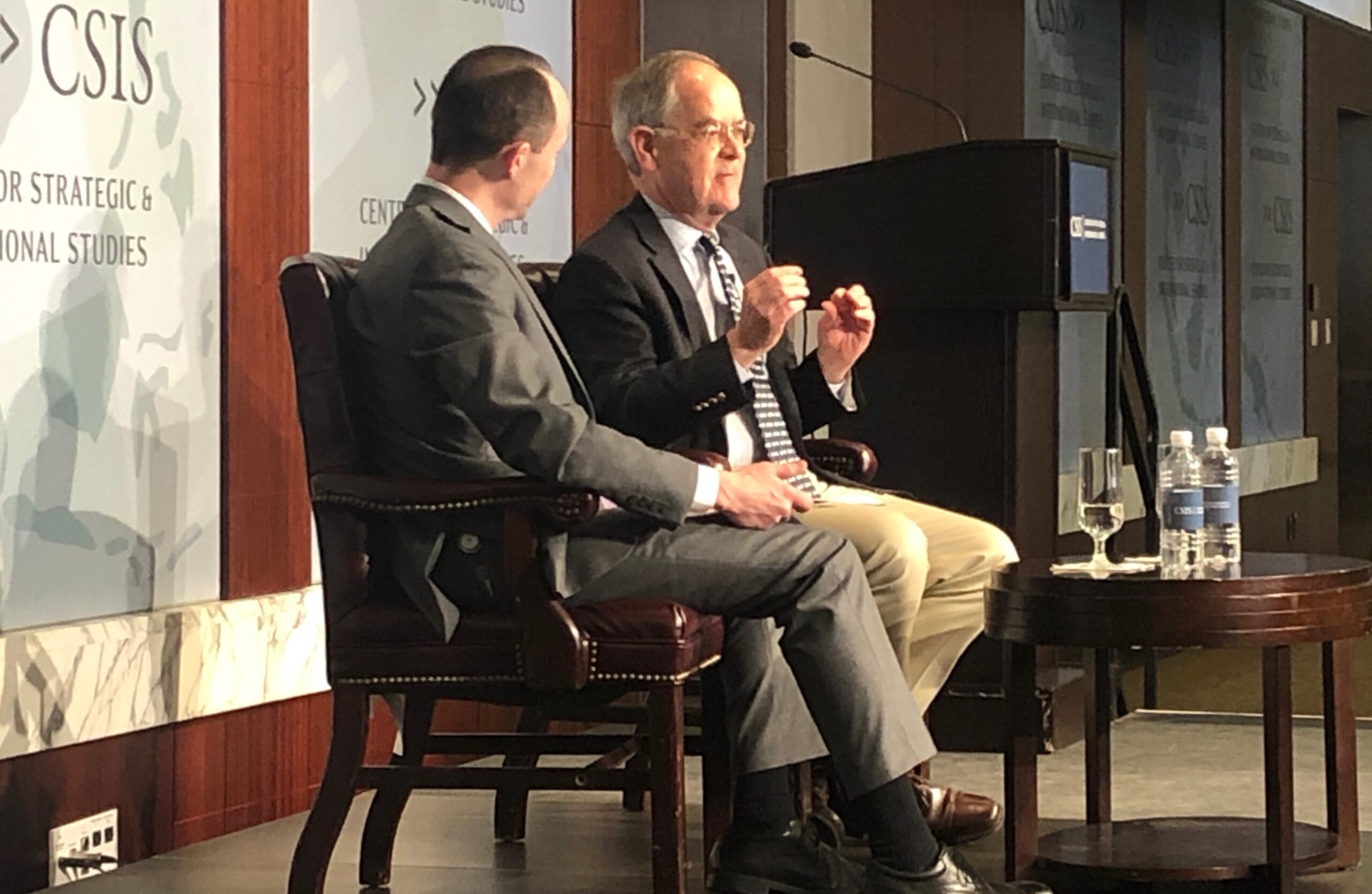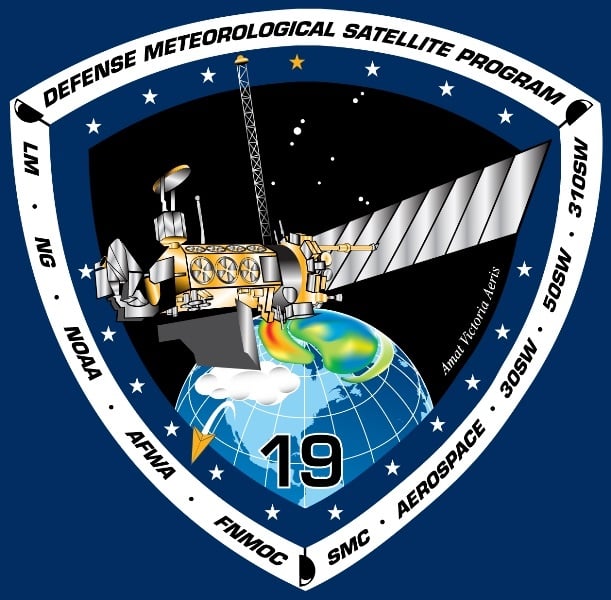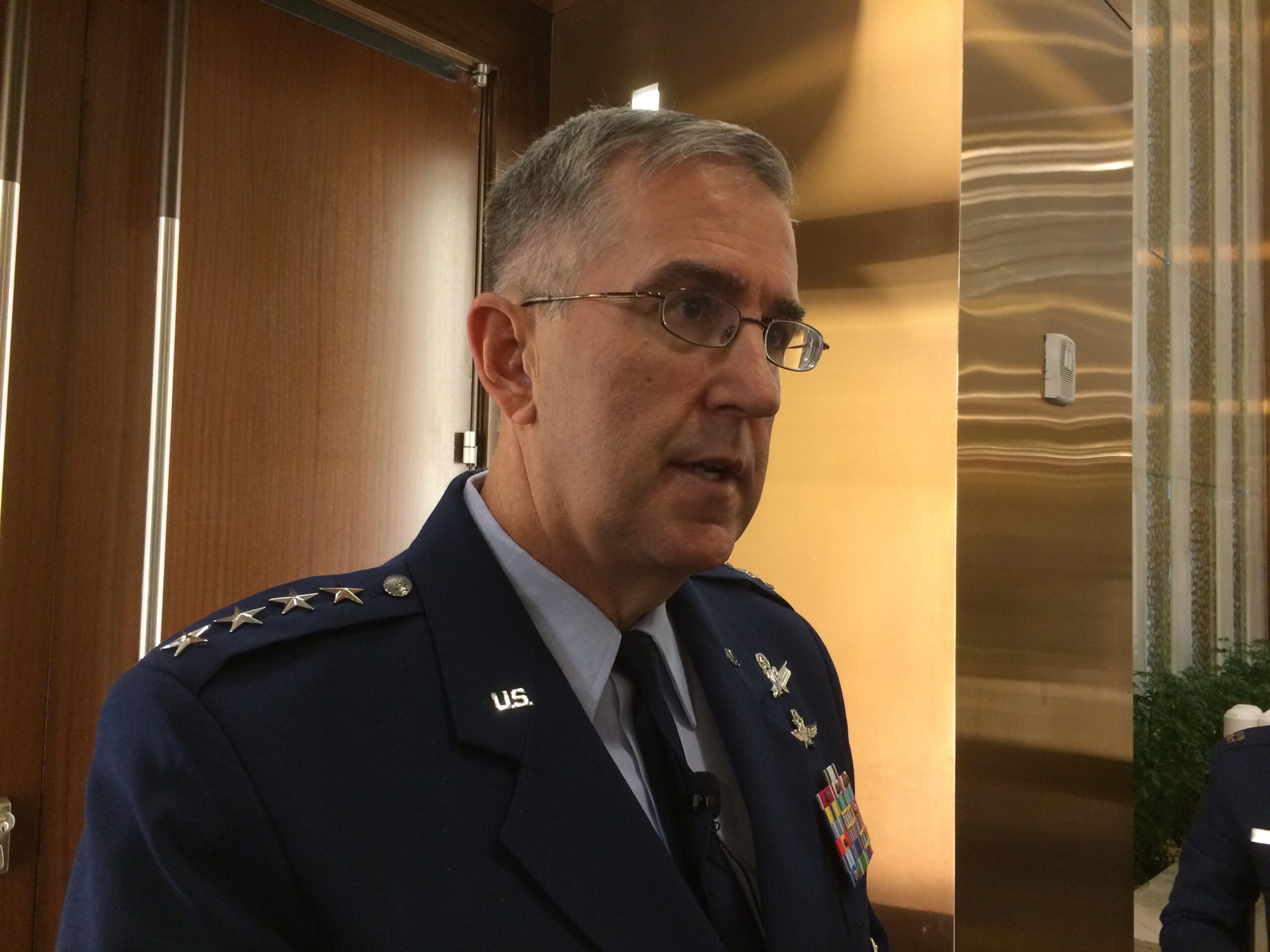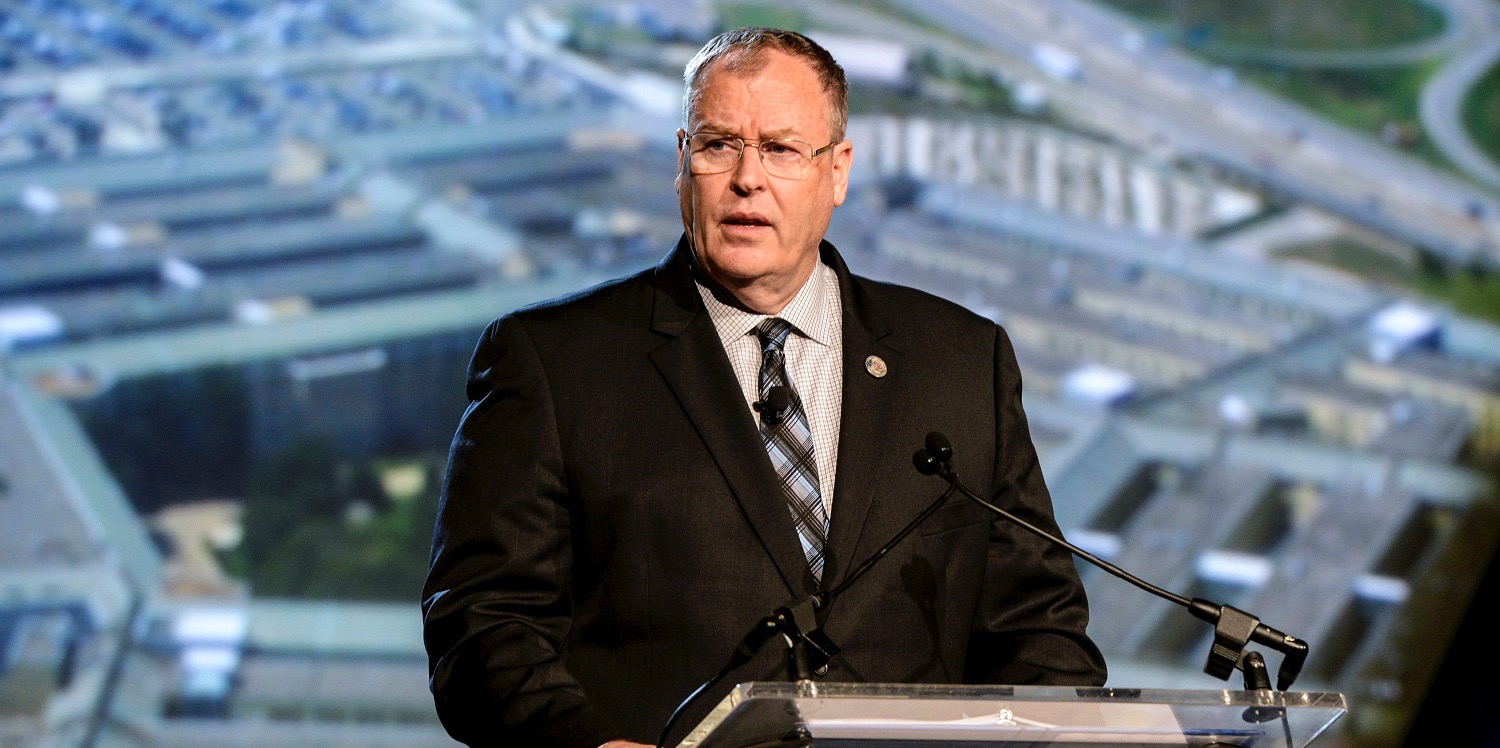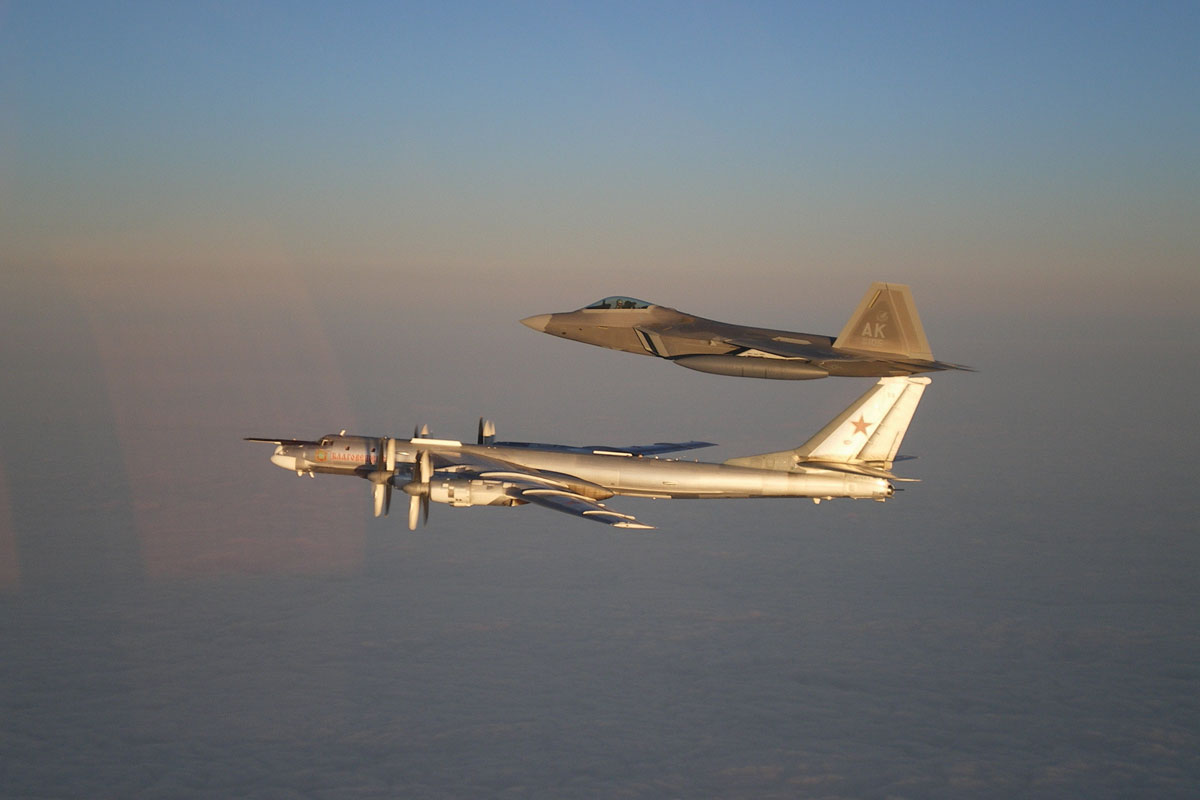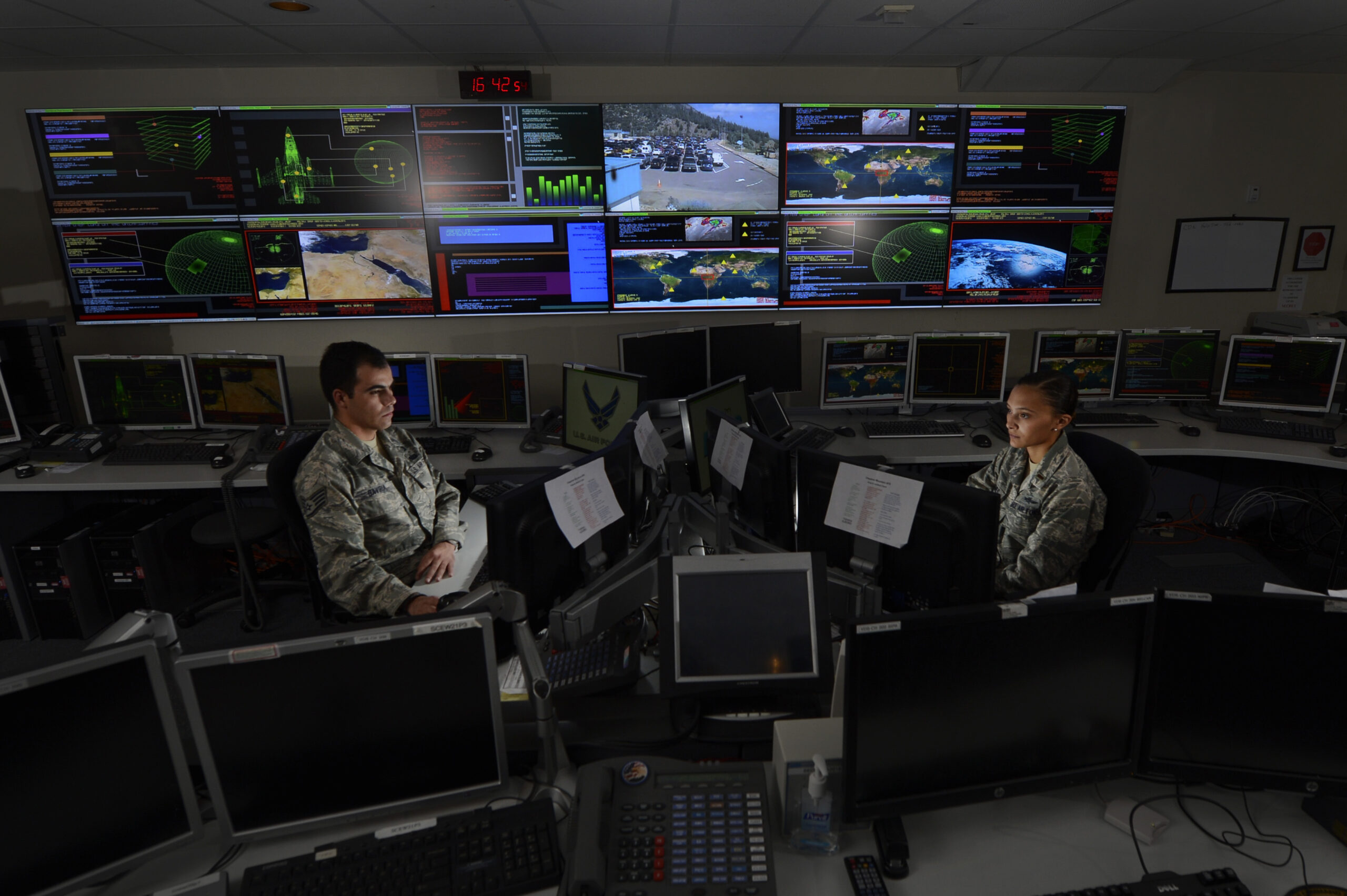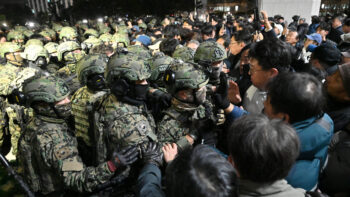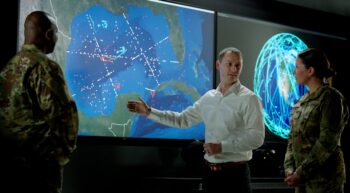

Military space programs have to navigate a maze of 60 agencies. Creating a Space Force may not make things simpler.
By Colin Clark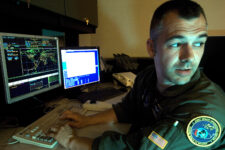
WASHINGTON: The Air Force’s space command and control system, the Joint Mission System, faces “critical deficiencies” and needs beefier cyber defenses, according to the Pentagon’s annual Operational Test and Evaluation report. “That OT&E report on JMS Increment 2 is not really surprising, and it’s not good,” Brian Weeden, a national security space expert with the…
By Colin Clark
UPDATED from Hill staff briefing WASHINGTON: In a move that may spark sustained conflict between the worlds of black and white space, the House Armed Services strategic forces subcommittee wants to transfer the building of weather of satellites to the National Reconnaissance Office after years of bumbling and indecision by the Air Force, NASA and NOAA.…
By Colin Clark
WASHINGTON: Russia and China are investing heavily in cyber and electronic warfare, but they’re not shutting down US satellite downlinks yet. Instead, we have met the enemy and he is us — we think. “In 2015 thus far, we have had 261 cases where we have been jammed from getting information from our satellites down…
By Sydney J. Freedberg Jr.
PENTAGON: It poses one of the thorniest problems for the United States national security establishment: how to get the nation’s spy agencies, especially the secretive National Reconnaissance Office (NRO), and the military to work together when someone attacks US spy and military satellites. To offer some clarity on the way ahead for this relationship, Deputy Defense Secretary…
By Colin Clark
NATIONAL HARBOR: The Air Force vision is of a seamless global network, swiftly spotting threats and taking them down with smart bombs, computer viruses, or (one day) lasers as the situation demands. The reality? Not so seamless. Air Force Space Command, for example, houses both the military’s space operations center and a new cyber ops…
By Sydney J. Freedberg Jr.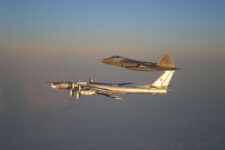
PENTAGON: F-22s are finally on their way to Europe as an answer to the increasingly grumpy Russian bear, two months after Air Force Secretary Deborah Lee James first announced at the Paris Air Show they might head there. If you telescope back a bit, it becomes clear this deployment may well have a wider strategic importance.…
By Colin Clark
HUNTSVILLE, ALA.: The new Intelligence Community-military space operations center the military is creating may replace the long-established JSPOC, two top commanders said, but a lot has to happen first. The nascent JICSPOC — Joint, Interagency, & Coalition Space Operations Center — will start as an experiment before potentially becoming a backup to JSPOC and then…
By Sydney J. Freedberg Jr.WASHINGTON As journalists, we often hear chatter in the Pentagon about how much better things would be for the Army, Navy or Air Force if they just had a better story, or told their story better. The Marines don’t need to worry about this, of course, because they tell their own stories better than the…
By Colin Clark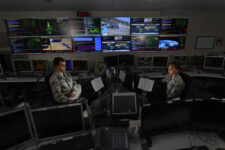
PENTAGON: If a spy satellite is attacked, who will command America’s response — the head of Strategic Command or the Director of National Intelligence? If an Air Force satellite is attacked first, who would command America’s response? These questions are being hotly — but very quietly –debated at the highest reaches of the U.S. government. Since an…
By Colin Clark
GEOINT: For the first time, all the nation’s spy satellites and the military’s satellites will be tracked from a single location, allowing the two communities to develop tactics, techniques and procedures together, Deputy Defense Secretary Bob Work said here today. “But the thing we need most is a space operations center, and we are intent…
By Colin Clark
